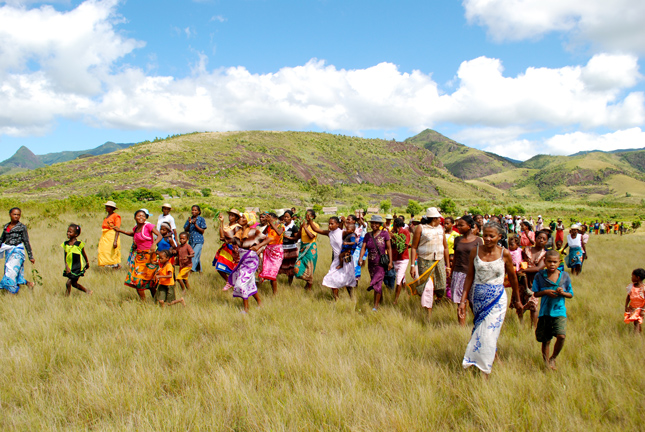-
Judy Oglethorpe: Fighting Environmental Change in Nepal Through Community Empowerment
› -
Broken Landscape: Confronting India’s Water-Energy Choke Point
›“We don’t know the reason for the death of fish in downstream villages,” Hamberton Nongtdu, a mine owner from the northeastern Indian state of Meghalaya, told me.
-
Two Decades Trying to Solve China’s Environmental Problems: An Interview With WWF’s Tao Hu
›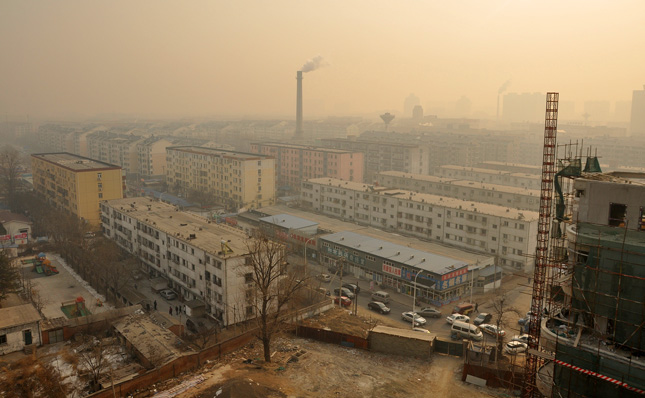
Despite some critics, the recent U.S.-China agreement over carbon emissions has sparked remarkable optimism in global climate negotiations. It’s also opened the door to new bilateral engagement between the U.S. and Chinese environmental communities on other issues, including China’s massive air pollution problems (16 of the world’s 20 most polluted cities are in China).
-
A Sister Cities Coalition Builds Peace Through Water in the Lower Jordan Valley
›
Water is a key ingredient for peace, especially in the Middle East. The Jordan River, which forms the border between Israel, the Palestinian West Bank, and Jordan, is central to the interrelated political and environmental challenges facing the region. Addressing these challenges requires not only high-level diplomacy but also direct, people-to-people engagement, which can form lasting relationships that go beyond water, said experts at the Wilson Center on October 17. [Video Below]
-
Unprecedented Coal Shutdown Tests Authority of India’s New Court
›
JOWAI, India – On April 17, in a ruling that stunned miners, truckers, and owners in this region of black dust and rivers that run the colors of the rainbow, India’s National Green Tribunal ordered the state of Meghalaya’s $650 million coal mining industry to shut down.
-
Gidon Bromberg on Environmental Peacebuilding in the Lower Jordan Valley
›
“When you turn on the tap in any community in Israel, water will always flow. That’s not the case in Palestine, and it’s not always the case in Jordan either,” says Gidon Bromberg, Israeli director of EcoPeace Middle East, in this week’s podcast.
-
Water and New Development Path Are Priorities in U.S.-China Climate Agreement
› NEW DELHI, India – There are nearly 1.3 billion people in this swarming democracy, where over 66 percent of eligible voters cast ballots in the general election last May. A few of them took me aside this week to express surprise at the puzzle that is the American electorate and its national leadership.
NEW DELHI, India – There are nearly 1.3 billion people in this swarming democracy, where over 66 percent of eligible voters cast ballots in the general election last May. A few of them took me aside this week to express surprise at the puzzle that is the American electorate and its national leadership. -
New Network Links Madagascar’s Environment and Health Sectors
›
As the international community seeks to articulate a collective vision for sustainable development following the Millennium Development Goals, a vibrant new network has emerged in Madagascar to advance integrated population, health and environment (PHE) initiatives across this island nation.
Showing posts from category environmental health.


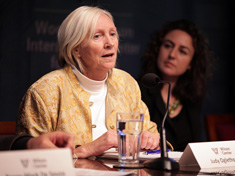
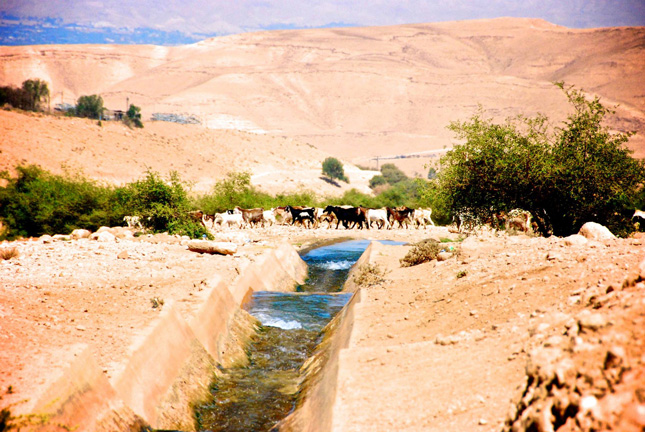
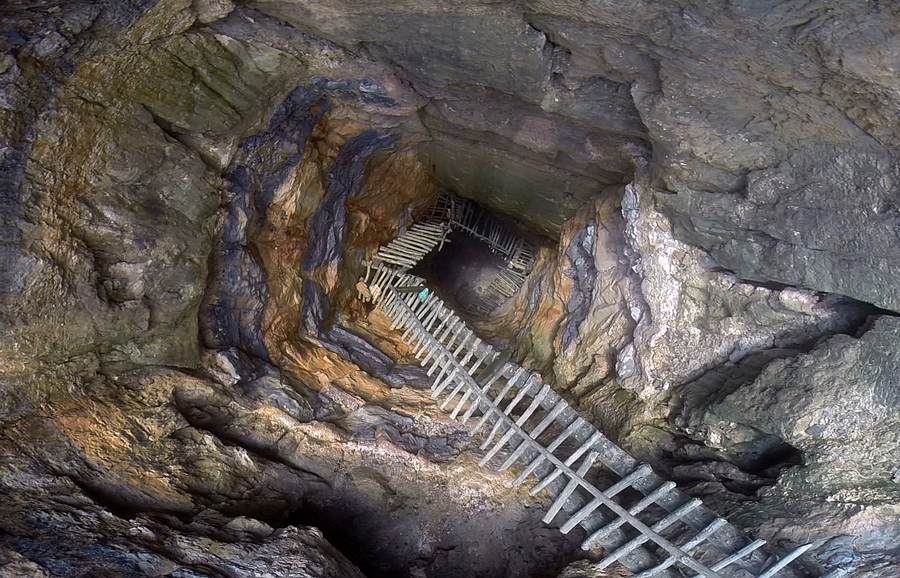

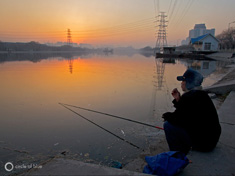 NEW DELHI, India – There are nearly 1.3 billion people in this swarming democracy, where over 66 percent of eligible voters cast ballots in the general election last May. A few of them took me aside this week to express surprise at the puzzle that is the American electorate and its national leadership.
NEW DELHI, India – There are nearly 1.3 billion people in this swarming democracy, where over 66 percent of eligible voters cast ballots in the general election last May. A few of them took me aside this week to express surprise at the puzzle that is the American electorate and its national leadership.